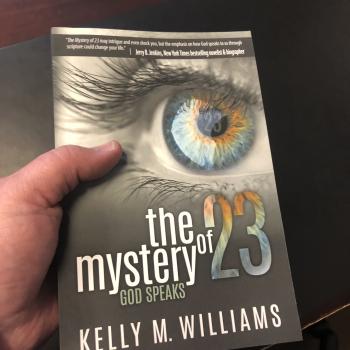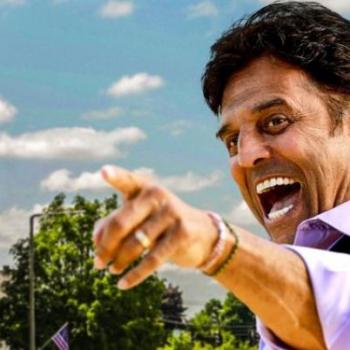But, there's another issue, which has long been in my mind and which has arisen as a result of the recent occasions of gender exclusion at PantheaCon. Various deities, like Attis and his Galli priesthood, are thought to be transgendered, when they aren't exactly, and have little to no similarity to modern transgendered or transsexual people. Trans women are not sanity-lacking self-castrating men by any stretch of the imagination, and yet some people introduced Attis as a "more appropriate" deity for trans women to be worshipping and as "more appropriate" mysteries for them to be celebrating.
This is a gross and deliberate misunderstanding of the experience and the realities of transgendered and transsexual women's lives. Further, many gender-variant deities have been appropriated by gay and lesbian spirituality (often in the guise of general queerness) and been cited as models of gender variance, without giving full respect or inclusion to transgendered people—who, despite not being the same as many of these deities in their gender-variance, are at least more analogous to them than not. So, these issues are not simple, and there is a great deal at stake when they are addressed.
For the longest time, I've tried to downplay and ignore coming out theology in the context of the Ekklesía Antínoou. It seemed better to me to not need it, and to assume that because the cultus became as widespread as it did because the main deity of it was in a homoerotic relationship with the Roman Emperor of the time, it should not simply be the case that the Ekklesía Antínoou's practice is "queer-friendly" or even "queer-positive," but instead to a large extent "queer-based." What could be better than being a part of a religious group in which no one is questioned about their sexual orientation or their gender identity, and everyone is accepted into it freely?
And yet, in doing that very thing, and in discounting the importance of coming out theology, perhaps something has been lost. Over the past number of months, the high-profile cases of youths committing suicide over homophobic bullying has demonstrated to me that perhaps, more than ever, explicit and specific coming out theology is needed, even within groups that are queer-based. More than just coming out theology is necessary, I think, for the furtherance of spiritual progress, and so a fuller queer theology that embraces as many areas of life as possible is certainly desirable.
I think, however, some work needs to be done to ensure that queer-positive and queer-affirming messages (in the widest sense of "queer," including both gender identity and sexual orientation at the very least, if not more) are given to the wider modern Pagan religious communities, and even to wider religious communities and the population-in-general. No, our group may not be appealing to everyone who is queer; our gods may not have something to offer everyone who is queer. (This has proven to be the case on repeated occasions over the last decade.) Yet, as a community, we can be—and in fact already are—willing to accept people of whatever stripe into our group, and to do all that we can to nurture and affirm them in their lives, whether they are queer or non-queer. The challenge remains to do so in a way that doesn't say that the gods and the community love and accept someone who is queer despite their queerness (at which we've been successful thus far), nor to convey the queer triumphalist message that the gods and the community love them only because of their queerness.
Would messages like this have helped the various young people who committed suicide in the last year to not have done so? It's impossible to say, and in any case not a good thing to contemplate as a failure on our (or anyone else's) part in terms of doing what should have been done in the past to prevent such occurrences. However, having queer-positive messages that are part and parcel of coming out theologies made available to people more widely would, with any luck, eventually have a positive impact on the general culture, and provide an alternative to the largely homophobic and heterosexist discourses that are prevalent in many religions worldwide. In fact, this effort could do a great deal to counter these negative religious viewpoints, which are, for the most part, the main support for all homophobic laws, homophobic-backed scientific endeavors, and homophobic social movements currently at work in the world today. This very fact has poisoned religion generally for far too many queer people, which is a profound tragedy.
I'm reminded of an incident from my undergraduate student days in Oxford in early 1997. I was on the elected committee for the university's LGBT Society, and we were in the process of revising the LGBT Student's Handbook. The half-page on coming out was among the parts that were going to be completely re-written. That page stated that some people decide to come out for political solidarity reasons, while others do so in order to be more truthful and authentic in their lives. One of the group's chairs, a charming rugby-playing North Londoner, said in his inimitable accent "I think this is missing one of the most important reasons for coming out." Good queer student activists all, we looked around at each other, open-mouthed and confused at what possible other reasons there could be for coming out, and at last asked our esteemed chair what he meant. His answer: "To shag blokes!" I laughed very hard about this then, and I still laugh about it now. The reality, of course, is that a lot of people never come out, and still "shag blokes" (or "birds," as the case may be!).





